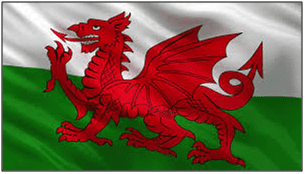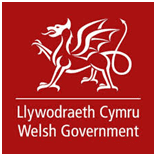Wales – Country or Principality?
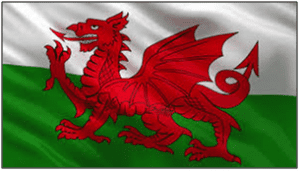
In 2017, I was giving a talk on a subject of local history to Llanelli Probus and during my presentation I happened to mention that Wales is not a Principality but rather, a country in its own right and immediately I sensed I had touched a raw nerve with one or two members of the audience…. and boy was I right.
What ensued after the presentation proved not only eye-opening for me but also, extremely fascinating. I was confronted by a gentleman who questioned how I could call myself an historian while at the same time, have my facts wrong about such an important issue as the official status of my very own homeland. Wales, so he claimed, was indeed a Principality because we have a Prince of Wales.
We discussed and eventually the gentleman graciously accepted my explanation and he thanked me for enlightening him however, as I drove home that afternoon I asked myself this question …. ‘How many others in Wales still believe we are a Principality?’
The answer surely is in the thousands because I still come across folk who do not realise Wales is in fact a country and no longer a Principality. Let me explain why.
Collins dictionary describes Principality as… ‘a country, area of land or state that is ruled by a Prince.’ That could not be any simpler and good examples of European principalities include:
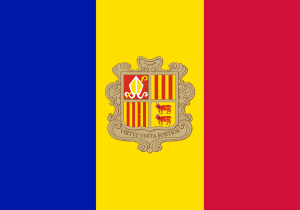

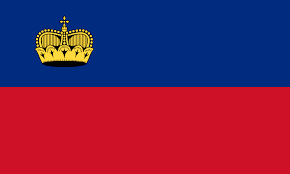
So when was Wales actually a Principality? This is easy to explain.
The Principality of Wales was founded in 1216 at the Council of Aberdyfi. Two years later, in 1218, Llewellyn the Great of Wales and Henry III of England recognised this through the ‘Treaty of Worcester’. Around the early 13th century Wales’ population was around 150,000 and only 70% of the land formed the Principality. Wales swore an Oath of Fealty to England and the Principality continued until 1536, a period of some 320 years and throughout that time, it retained a high level of autonomy and just like Scotland, it existed ‘de facto’ independent which means, sovereignty had been usurped (taken by force) by a greater power.
In 1282, the last Welsh Prince of Wales, Llewellyn, was killed and his brother Daffydd succeeded the title only to be executed the following year. In 1284, the Principality of Wales was annexed to the Crown of England following Edward I’s conquest in 1283. After two failed rebellions by the Welsh, most of the land in Wales fell to English ownership and Edward I (known also as ‘Edward Longshanks’ and ‘Hammer of the Scots’) crowned his son Edward of Caernarfon to become the first English Prince of Wales, in 1301.
Between 1284 and 1542, responsibility for administrating the Principality fell to a group of up to fifteen councillors who convened under the name of the ‘Prince of Wales Council’ at Ludlow Castle, in the county of Shropshire.
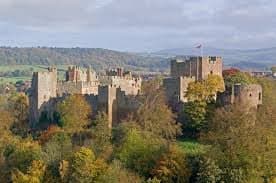
This council not only exercised great authority over the Principality but also over most of Wales and during a period of time, Welsh geographical boundaries changed and a number of new counties were created. Welsh law was retained, however English ‘common’ law was also adopted albeit this was open to local interpretation and in most instances, applied successfully to matters of ‘criminal’ and ‘common’ law in such matters as murder, theft and indeed inheritance disputes.
So, when did the Principality of Wales cease?
In short, between 1536 and 1542 when the Principality was incorporated into the Kingdom of England. From this moment on, Wales had very little or no control over exercising it’s own political power but that said, Wales did continue to use the title Principality but on an informal basis only and as such, the title has carried no constitutional or legal authority of any kind.
Why then do we have a Prince of Wales?
Heirs to the English throne have been crowned Prince of Wales ever since Edward I however, the title is ‘in name’ only and a Prince of Wales holds no constitutional power of any kind.
Finally, when then did Wales become a country?
In 2008 the Welsh Government issued a statement which read:
“Wales is NOT a Principality. Although we are joined with England by land, and we are part of Great Britain, Wales is a country in its own right.”
Then in December 2011, the International Organisation for Standardisation (ISO) changed the classification of Principality to Country under ISO Code 1366-2 in respect of Wales.
And that is why Wales is no longer a Principality but rather, a country in its own right.
Written by
Philip Thomas

Help keep news FREE for our readers
Supporting your local community newspaper/online news outlet is crucial now more than ever. If you believe in independent journalism, then consider making a valuable contribution by making a one-time or monthly donation. We operate in rural areas where providing unbiased news can be challenging. Read More About Supporting The West Wales Chronicle



















